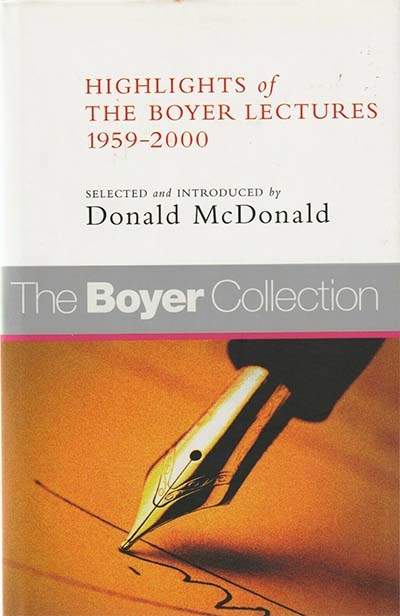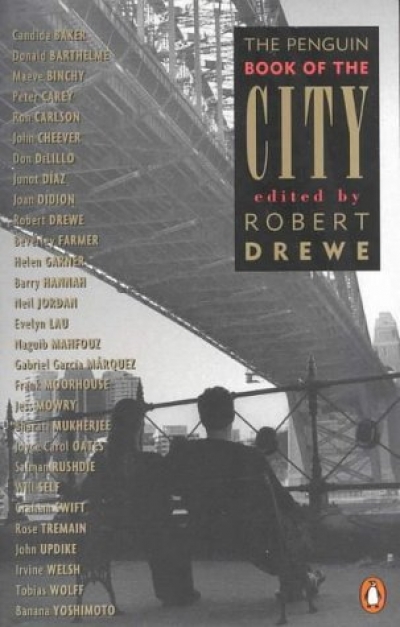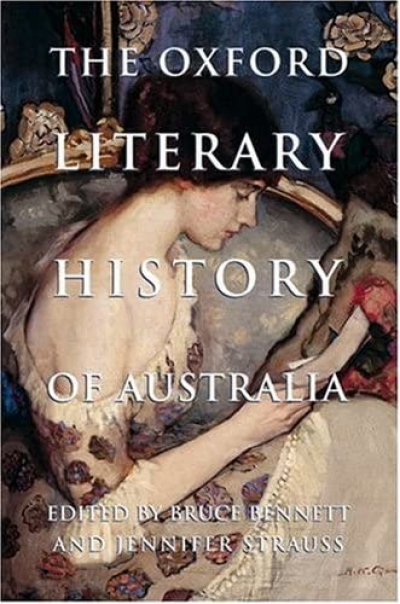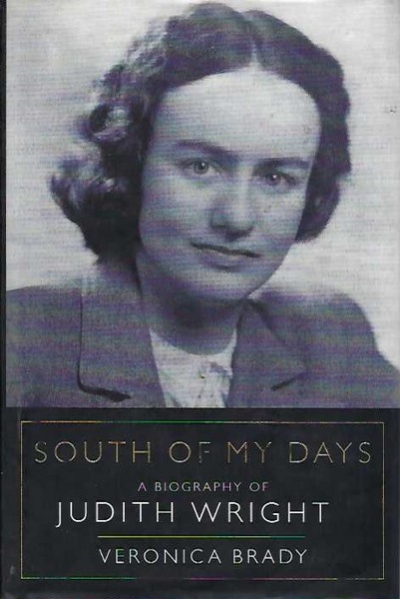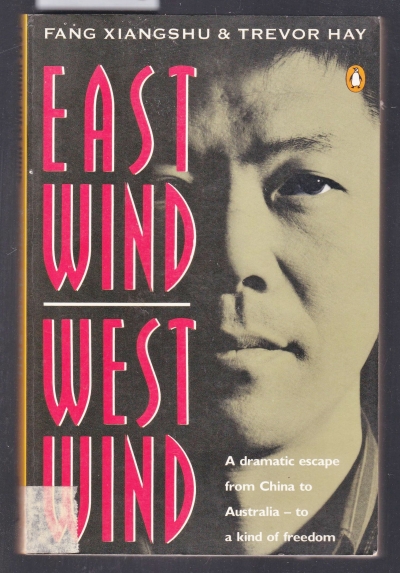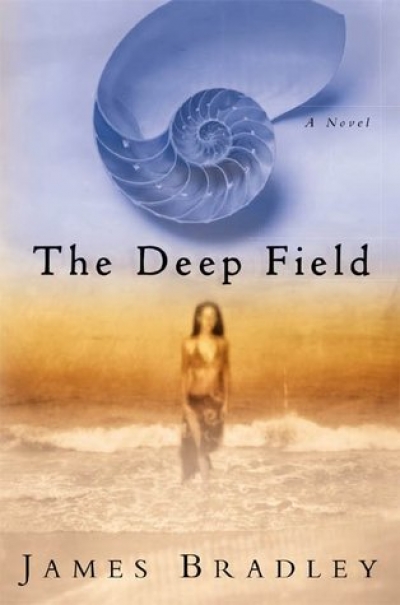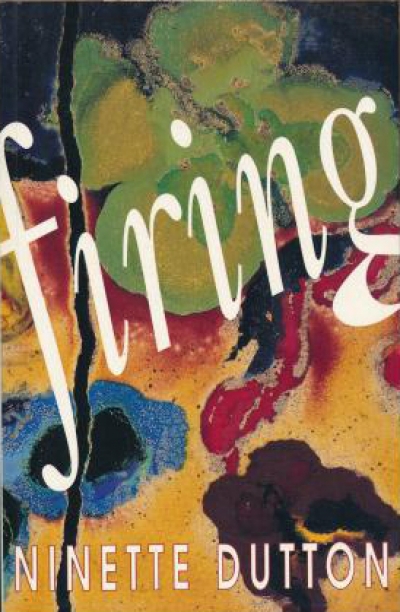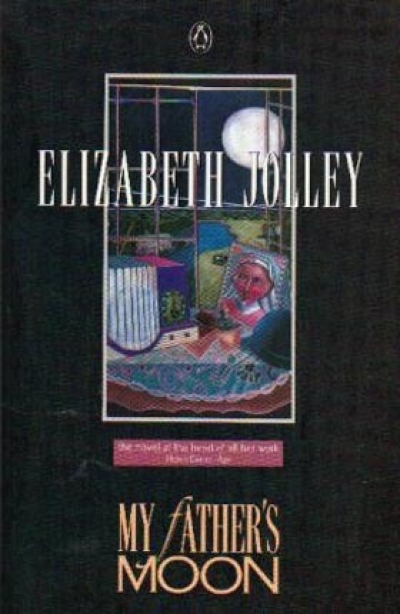Andrew Riemer
Andrew Riemer, a former academic, is a critic, writer and translator.
This attractive collection of short pieces – mostly fiction – reminded me of the old music-hall adage: start with a bang and leave the best acts till the end. Robert Drewe’s selection certainly begins with a bang. John Updike’s ‘The City’ is the story of a man who arrives in a unnamed city, and sees no more of it than an anonymous hotel room and the hospital where he has his appendix r ... (read more)
The index to this literary history lists four references – one neutral, three critical – to Leonie Kramer as the editor of the 1981 The Oxford History of Australian Literature and one each to the publication itself, to Adrian Mitchell, who was responsible for the survey of fiction, and to Vivian Smith as the author of the section on poetry – there is no reference to Terry Sturm, who wrote on ... (read more)
Veronica Brady is a highly respected critic with long and distinguished experience in the academic and literary worlds. She understands as well as anyone, I am sure, the mysterious workings of the imagination – how a feeling, an image or an impression may strike a spark capable of igniting a flame that fuses often contradictory thoughts and experiences into the ‘little room’ of a memorable p ... (read more)
What is the relationship between our literary culture and the academy? Moreover, should there be any relationship between the two, or is it healthier if each remains separate, largely isolated from the other? These-questions were brought into focus for me by ‘Word Games’, a provocative essay in the Spring issue of Island, that lively Tasmanian literary magazine.
... (read more)
It may seem flippant and insensitive to call this account of political threat and persecution a highly enjoyable book, but it is precisely that. Fang Xiangshu and Trevor Hay have fashioned a beguiling tale out of Fang's experiences during the Cultural Revolution and China’s political and social turmoil in later years. The product of their collaboration strikes exactly the right note. They have m ... (read more)
You tend to notice things when away from home. For instance, I have always been struck by how many people on trains and buses in Paris have their noses buries in books. So when I spent a couple of weeks there in March, I tried as often as decently possible to sneak a look at what Parisians were reading.
The results were interesting. I saw two twenty-something women engrossed in Harry Potter. A fe ... (read more)
Anyone can write a book, a cynic once remarked, but bringing off the second is a devil of a task. Most novelists at the outset of their careers would agree, I think – especially these days when a market-driven publishing industry often demands that authors of successful first novels should come up with more of the same ASAP.
I was a trifle apprehensive, therefore, when James Bradley’s second ... (read more)
A friend of mine remembers a reception during an Adelaide Festival of the Arts. It was a large gathering: visiting musicians, singers, actors and writers, members of the Adelaide establishment, people from the university. The hosts were Ninette and Geoffrey Dutton. My friend, a visitor from Sydney, was struck by the Duttons’ confidence and sophistication. They were a handsome couple, she recalls ... (read more)
Elizabeth Jolley’s new novel takes a leap into the past, to a large hospital in wartime England where Veronica Wright, an awkward girl just out of a Quaker boarding school, endures the discomforts and humiliations of a trainee nurse. As we have come to expect from this writer, there are all sorts of marvellous things tucked away in odd corners. Sharp observations of hospital routine – preparin ... (read more)

